Pakistan ‘shoots down India jets’ after Delhi attacks nine sites
New Delhi has denied claims Pakistan struck an Indian brigade headquarters in retaliation for its precision strikes while Islamabad claims India has ‘waved the white flag’.
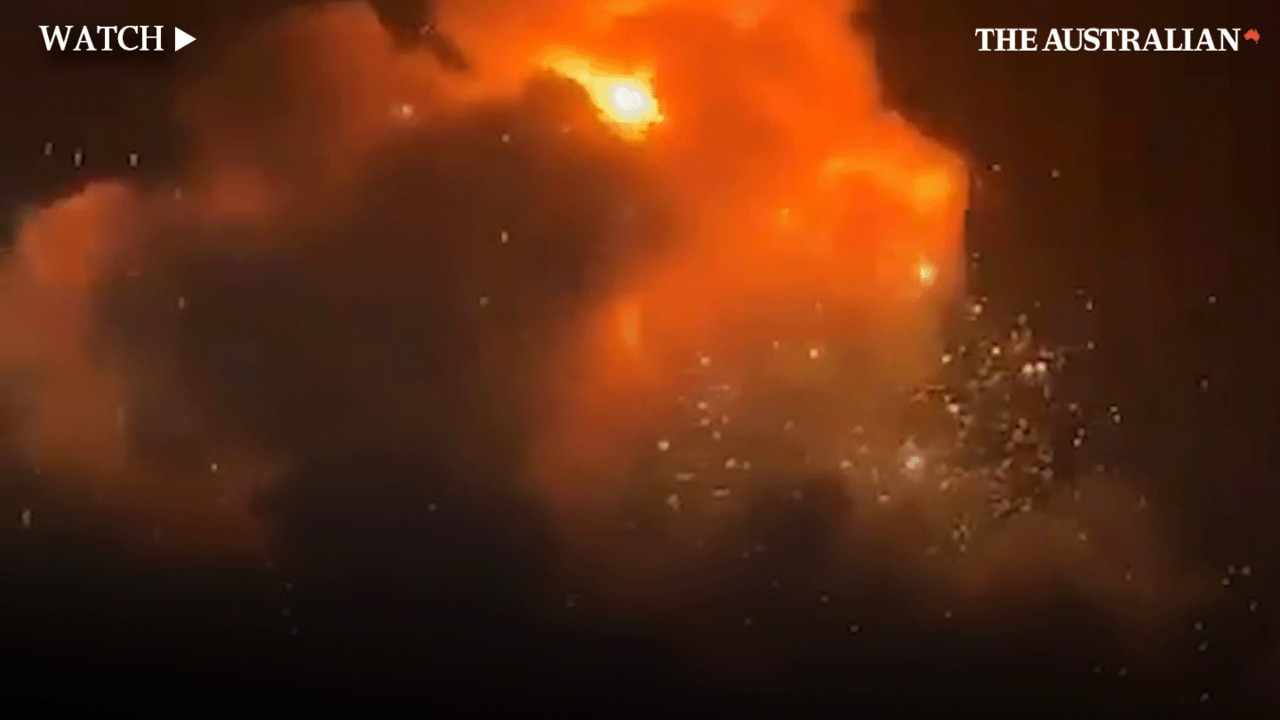
India’s military struck nine sites inside Pakistan early on Wednesday, killing at least 31 people in retaliation for last month’s massacre of tourists in Indian Kashmir and sparking deadly reprisal attacks from Islamabad that have once again brought the nuclear-armed rivals to the brink of war.
India’s foreign ministry insisted it targeted terrorist infrastructure inside Pakistan in “non-escalatory and proportionate” air strikes, and had acted after “intelligence monitoring of Pakistani terrorist modules indicated that further attacks against India were impending”.
“Justice is served”, its military claimed in a triumphant social media post of Operation Sindoor, named after the vermilion powder used in Indian weddings.
But Pakistan quickly condemned the largest aerial attacks in 50 years on its territory as an “act of war” that had killed civilians, including a three-year-old girl, and injured 57 more, while the country’s Prime Minister Shehbaz Sharif vowed that India would pay for “every last drop of blood”.

“Maybe they were thinking we would step back, but they forgot this is a nation of the brave,” he said in a televised address late Wednesday night.
Pakistan’s army said international media were welcome to inspect the targeted sites which were all civilian areas, and accused India of cowardly attacking from Indian airspace _ likely to avoid a repeat of the 2019 clash when an Indian plane was shot down over Pakistan and its pilot captured.
But, it added; “This temporary happiness that India has achieved with this cowardly attack will be replaced with enduring grief.”
Within hours, the Pakistani military had scrambled air force fighter jets along the disputed Line of Control in reprisal strikes that the country’s information minister Ataullah Tarar claimed had destroyed Indian security posts — which New Delhi denied — and later that India had “waved a white flag” along the border and “accepted defeat”.
Pakistan military spokesman Ahmed Sharif Chaudhry told reporters at a press conference in the capital that five Indian jets had been down across the border, including three French Rafale fighter aircraft — the most advanced aircraft in India’s air force fleet and a serious loss if true.
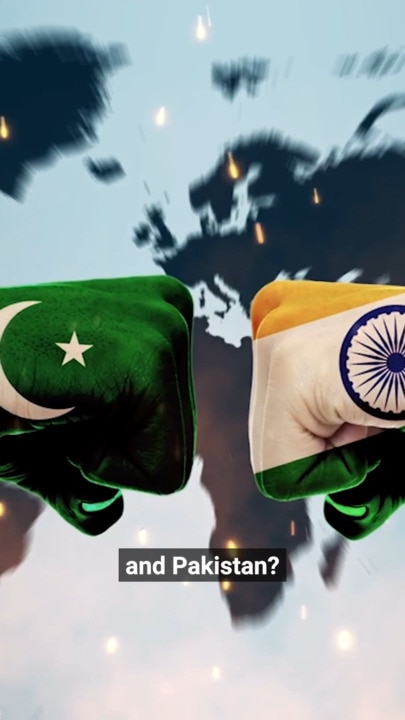
Indian officials confirmed at least two aircraft had gone down on the Indian side of Kashmir, while a third crashed in a field in the Indian state of Punjab.
Police and medics later reported at least eight Indian civilians were killed and 30 wounded by “indiscriminate” Pakistani shelling.
Tensions have soared between the nuclear-armed neighbours since the April 22 attack on the mountainous Indian Kashmir tourist area of Pahalgam in which gunmen killed 26 people, mostly Indian Hindu tourists.
In some cases, the gunmen questioned tourists about their religion before executing them at point-blank range in front of their families.
New Delhi blames Pakistan for backing the gunmen, while Islamabad has denied involvement and called for an independent investigation.
In the wake of Wednesday’s tit-for-tat strikes, Indian foreign secretary Vikram Misra told a press briefing that The Resistance Front, which claimed responsibility for the attack, had known links with Pakistani militants Jaish-e-Mohamed as well as Lashkar-e-Taiba _ the group behind the 2008 Mumbai terror strikes which killed 180 people.
Pakistan had a “well-documented reputation” for harbouring international terrorists and allowing cross-border terror strikes on India, he said.
“Despite a fortnight having passed since the attacks there have been no demonstrable steps from Pakistan to take action against terrorist infrastructure on its territory. Instead all it has indulged in are denials and allegations.”
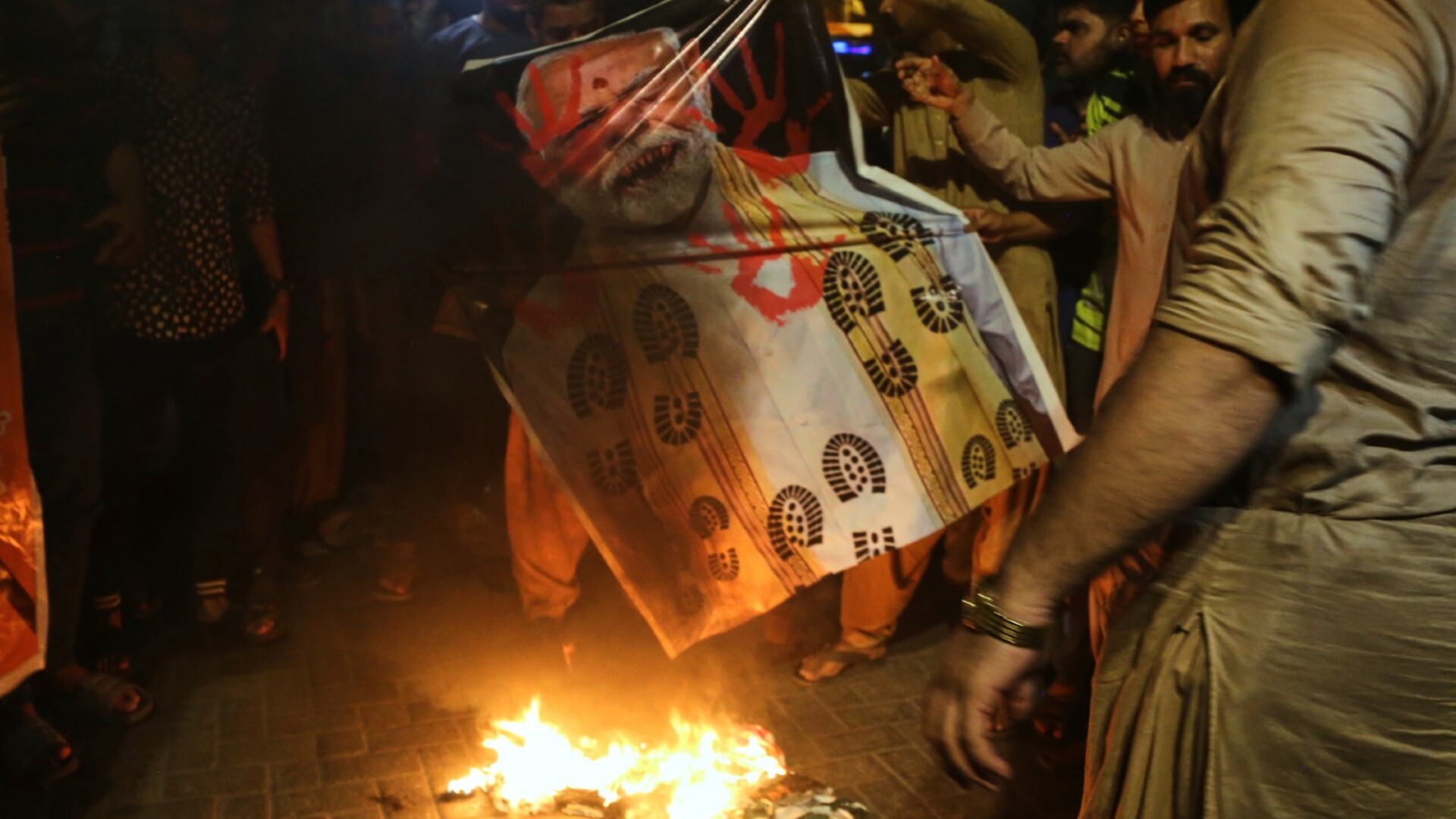
The hostile neighbours have already fought two wars and one elevated conflict over Kashmir, a region divided between the two countries after the 1947 Partition but claimed in its entirety by each.
Despite India’s insistence that its retaliatory strikes were non-escalatory, the scale and number of sites targeted have taken many by surprise, raising fears that the tense neighbours could be hurtling towards a third war.
While India targeted just one Pakistani site in 2019, after a suicide bomb attack on Indian soldiers in Kashmir, this time it claims to have chose nine locations including targets in Punjab, well outside of Pakistan-administered Kashmir.
Islamabad said missiles had hit six locations, including Muzaffarabad, the capital of Pakistan-administered Kashmir.
Residents of both sides of the restive border told of waking to explosions, and running from their houses in panic as shells ripped through nearby buildings.
Still, India’s claim to have carefully avoided military targets and civilian sites or infrastructure suggests it was seeking to re-establish deterrence without risking a full-blown war — an escalation neither country can afford.

US president Donald Trump described Wednesday’s actions as a shame, telling reporters, “I hope it ends very quickly”, while Secretary of State Marco Rubio said he was monitoring the situation closely after talking earlier in the day to India’s National Security Adviser Ajit Doval.
UN Secretary-general Antonio Guterres called for “maximum military restraint from both countries”, adding; “the world cannot afford a military confrontation between India and Pakistan”.
Both China and the UK offered to help de-escalate tensions on Wednesday, while the British Foreign Office advised UK citizens against travelling within eight kilometres of the India-Pakistan border.
Australia too upgraded its travel advisory for citizens in both countries with a spokesman for foreign minister Penny Wong saying Australia was engaging with both countries.
“We don’t want to see escalatory actions, which pose a risk to regional peace and security.”
If the two nations’ more recent clashes are an indication of what comes next, both sides will be anticipating a major diplomatic push to lower tensions and draw a line under Wednesday’s military actions.
But there are fears that the scale of India’s attacks may have wedged Pakistan into a corner where it too needs to show greater resolve in its response.
Both governments have now closed airspace to commercial flights, and shuttered schools and colleges across the region in what could be preparations for a broader conflict.
With AP, AFP


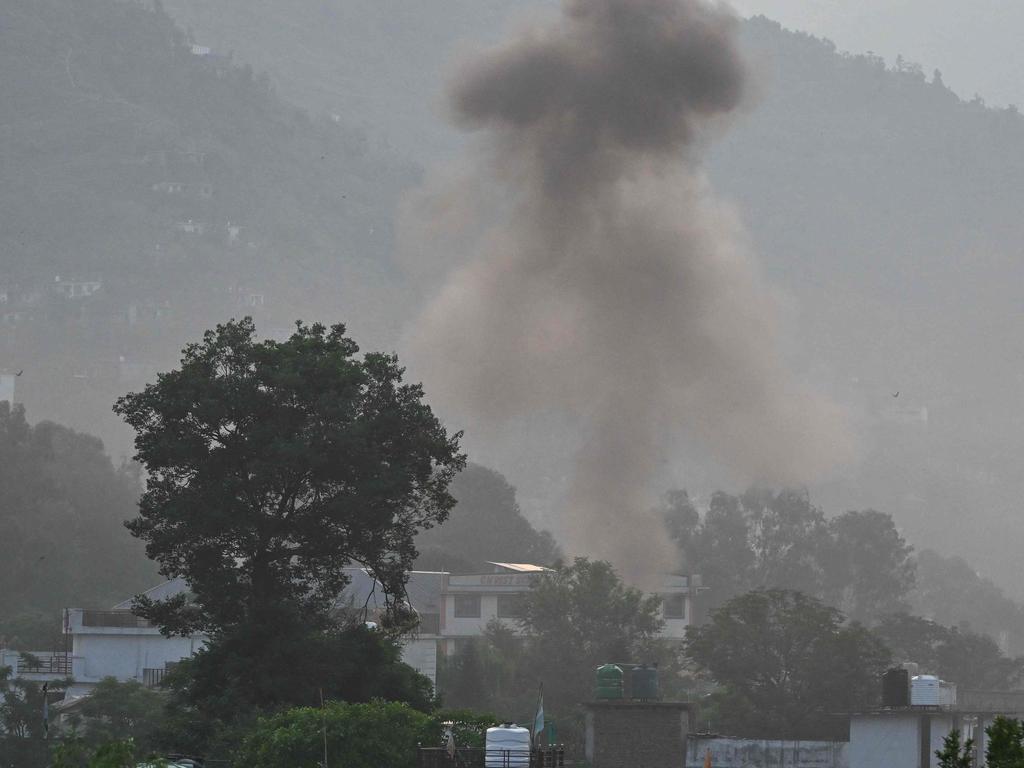


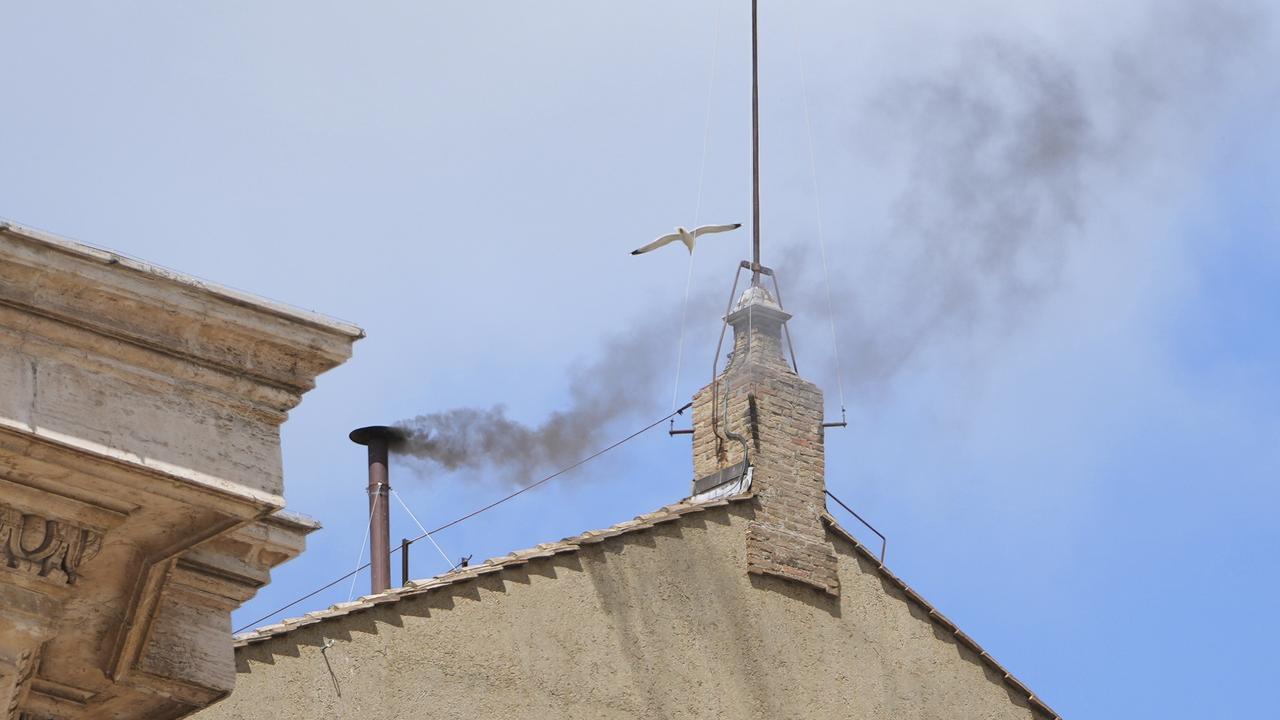
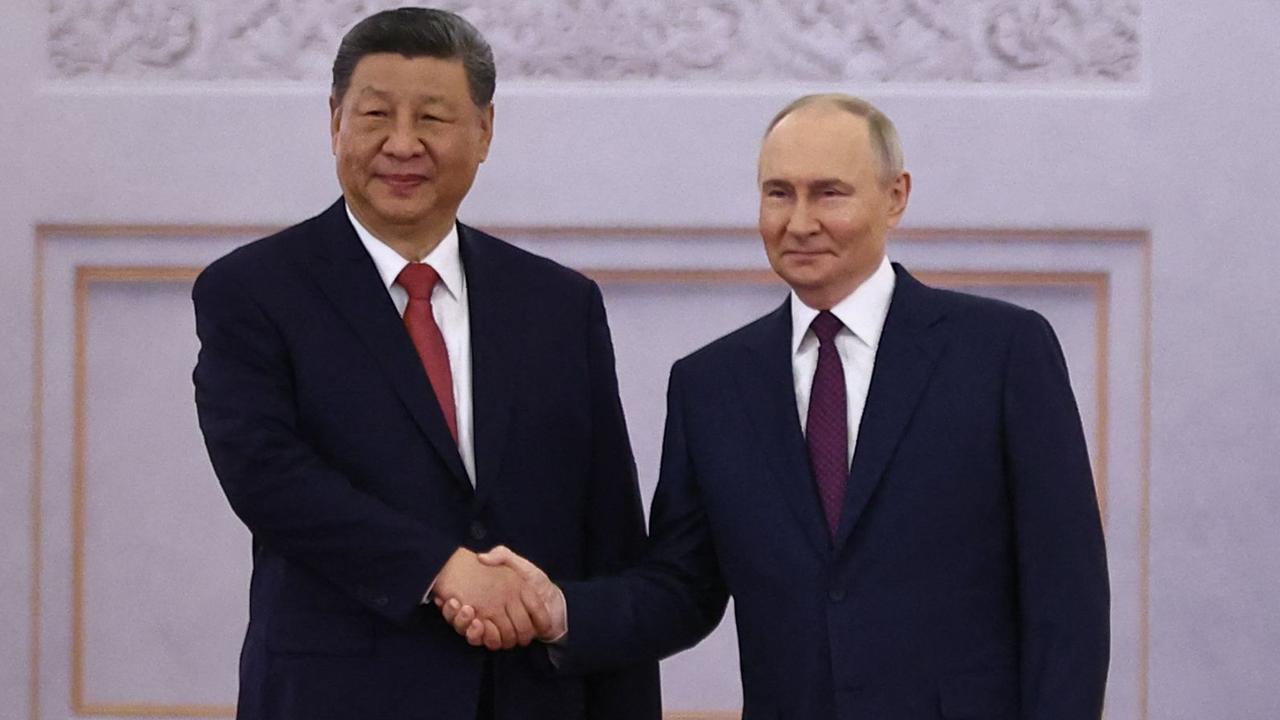
To join the conversation, please log in. Don't have an account? Register
Join the conversation, you are commenting as Logout